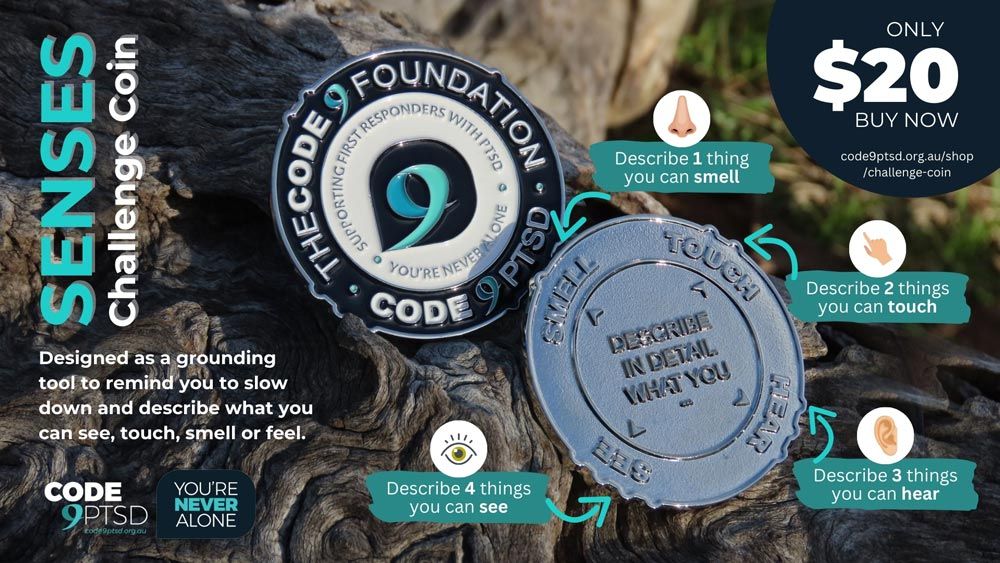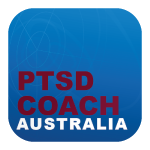The symptoms of PTSD can be difficult to cope with, and as a result, many people with PTSD can be susceptible to developing unhealthy coping strategies, such as alcohol or drug abuse. Because of these risks, it is important to develop a number of healthy coping skills to manage your PTSD symptoms.
Symptoms of PTSD include a heightened state of anxiety — especially accompanied by persistent flashbacks of the traumatic event — sleeplessness, moodiness, and avoidance of places or social situations that might trigger flashbacks.
Here are some effective natural methods to help cope.
Coping Tips
Everyone will tell you different ways to cope with the depression and anxiety caused by PTSD. Each are valid methods and each will have different effects on different people. It is worth giving them each a go to see what works for you.
Some notably effective things you could try to fight anxiety and depression are:
Practice Gratitude
Gratitude is the positive state of being grateful; an overwhelming feeling of appreciation and thankfulness, and the desire to return kindness to others.
Distractions
Distractions are a great way to distract you from any negative thoughts or to help slow and calm yourself to minimise spiralling. Maybe give some of these a go and see if they help. Once you are practised at them you can do them anywhere!

What can you feel?
- How heavy is it?
- Is it rough or smooth?
- What shape is it?
- Is it cold or warm?

What can you hear?
- Can you hear any birds?
- Can you hear the hum of your computer?
- Breathe deeply, can you hear that?
- What can you hear?

What can you see?
- Where do you think this picture was taken? Does it remind you of anywhere?
- How many birds can you see?
- What type of cars are they?
- Do you think it is warm there?

What can you taste?
- What temperature is it?
- Is it smooth or crunchy?
- Is it sweet, sour, salty or something else?
- Do you like the taste of it?

What can you smell?
- Is something cooking?
- Can you smell perfume of cologne?
- Can you smell soap on your hands?
- Can you smell anything else?
Our Grounding Challenge Coin
Did you know that we have created another challenge coin? It is called 'Senses' and is designed to help ground you, when you're out and about.
Anxiety Management Strategies
There are a range of strategies you can try to manage your anxiety. What works is different for everyone, and it can take time to find the strategies that work best for you. Here are 10 you can try, but remember, if your anxiety is proving difficult to manage seek support from a professional.
When you’re anxious, your breathing becomes faster and shallower. Try deliberately slowing down your breathing. Count to three as you breathe in slowly, hold it for the count of three – then count to three as you breathe out slowly.
Find a quiet location. Close your eyes and slowly tense and then relax each of your muscle groups from your toes to your head. Hold the tension for three seconds and then release quickly. This can help reduce the feelings of muscle tension that often comes with anxiety.
Anxiety can make your thoughts live in a terrible future that hasn’t happened yet. Try to bring yourself back to where you are. Practising meditation can help.
Keeping active, eating well, going out into nature, spending time with family and friends, reducing stress and doing the activities you enjoy are all effective in reducing anxiety and improving your wellbeing.
Avoiding what makes you anxious provides some relief in the short term, but can make you more anxious in the long term. Try approaching something that makes you anxious – even in a small way. The way through anxiety is by learning that what you fear isn’t likely to happen – and if it does, you’ll be able to cope with it.
How you think affects how you feel. Anxiety can make you overestimate the danger in a situation and underestimate your ability to handle it. Try to think of different interpretations to a situation that’s making you anxious, rather than jumping to the worst-case scenario. Look at the facts for and against your thought being true.
It’s hard to stop worrying entirely so set aside some time to indulge your worries. Even 10 minutes each evening to write them down or go over them in your head can help stop your worries from taking over at other times.
Keep a diary of when it’s at it’s best – and worst. Find the patterns and plan your week – or day – to proactively manage your anxiety.
Helpful Apps
Below are a selection of apps that our members have found useful to help manage your ptsd symptoms, medications and Worksafe paperwork.















